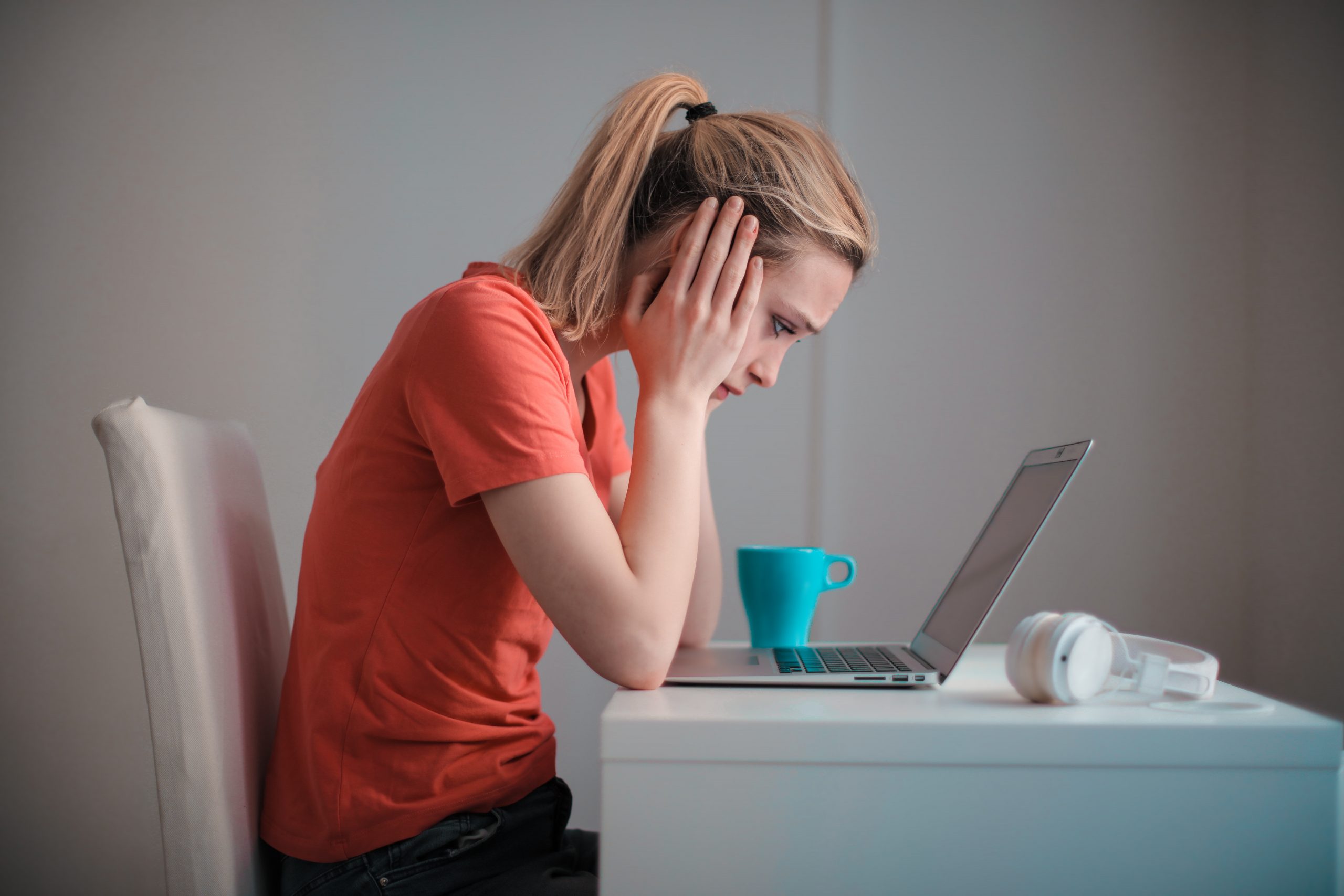Anxiety & Panic
CFCE is offering both in-person and virtual therapy and we look forward to helping you!
What is anxiety? Let’s break it down.
Are you wondering if anxiety is normal? Well, it is. Anxiety is something that we all experience. Sometimes anxiety can be helpful, like when our anxiety helps us to prepare for an interview, or to excel in a baseball game.
Do I have an anxiety disorder or just anxiety?
Do you find yourself worrying constantly? Do racing thoughts keep you awake at night?
When anxiety consistently interferes with our life and makes us feels bad, or stops us from doing the things we really want to do, it is time to take a closer look at how and why anxiety gets in our way.
What does anxiety look like? It shows up differently for different people.
It shows up differently in kids and adults too (see our description of anxiety under services for children).
Anxiety is made up of thoughts, feelings and behaviors.
Our anxious thoughts are usually about worrying that something bad is going to happen.
Our anxious feelings are usually emotions of worry, dread or panic. Our body also feels the anxiety! We might experience tightness in the chest, a stomachache, lightheadedness, or even tingling in our hands and feet.
Our behavior is how we respond or react to the anxiety. The classic reaction to anxiety is avoidance. We avoid what makes us anxious to reduce our anxiety level in the short term, but in the long term it doesn’t help us manage the anxiety any better. Anxiety likes to hang around!
Scientific evidence shows us that “anxiety loves avoidance” but that avoidance actually keeps us trapped in the anxiety cycle. Once caught in the cycle, we often feel distressed and cannot live our lives the way we truly want to.
Over time, some people practice avoidance so much that they are not in touch with their anxious feelings anymore. But their lives are limited.
In some cases, we might fight back or completely shut down. You may have heard of the fight, flight or freeze response – survival responses that kick into gear when we feel threatened. These are great strategies for a caveperson, or if you encounter a bear in the woods, but do not work so well in daily life!
What’s the difference between normal stress and anxiety?
Stress is usually appropriate for the situation, such as running late for an important appointment, or working on a deadline at work. The stress usually ends when the situation is over. Stress is to be expected and we usually manage our way through it.
Anxiety is sometimes unclear, and we may wonder where it comes from. Many people with anxiety do not even know why they are feeling anxious but they still feel distressed. We might react by doing something that we do not really want to do, such as avoiding an important or fun event. We can feel distressed and experience physiological symptoms. We may go without sleep, under or overeat, and feel very irritable. The anxiety does not go away easily. The symptoms are real.
What about panic and panic attacks?
A panic attack is a sudden rush of intense fear or discomfort. The body has an extremely strong reaction to panic. Symptoms may include:
- Racing or pounding heart
- Sweating, shaking, or trembling
- Shortness of breath or feelings of being smothered
- Feeling of choking
- Chest pain or discomfort
- Chills or hot flashes
- Nausea or upset stomach
- Dizziness or lightheadedness
- A sense of things being unreal or feeling detached from oneself
- Numbness or tingling sensations
- Fear of losing control or “going crazy”
- Fear of dying
Panic attacks usually start quickly and symptoms build. The peak usually lasts about 5 to 10 minutes before symptoms start to settle. It may be some time before all of the symptoms go away.
Some people experience frequent and unpredictable panic attacks that are more indicative of panic disorder. However, many people with anxiety also experience panic attacks.
What can I do about anxiety and panic?
There are many helpful strategies that will allow you to cope more successfully with anxiety and panic.
Challenging worrisome thoughts and even just noticing what makes you anxious can help. Approaching rather than avoiding what your anxiety wants you to avoid is another good tactic.
Learning techniques for managing the body’s response to panic are helpful as well.
Your therapist can help you learn skills designed for your specific situation.
Can anxiety go away by itself?
Should I go to therapy for anxiety?
Much depends on how much anxiety gets in your way. Professional counseling can really help you get your anxiety under control in a safe and supportive environment.
What treatments exist for anxiety?
What is the best therapy for anxiety?
CFCE therapists are highly trained in Cognitive Behavioral Therapy (CBT), a form of psychotherapy. CBT is the gold standard for treatment of anxiety. We work with you and we go at your pace.
At times, psychotherapy combined with medication is recommended.
If you are troubled by anxious thoughts, panic attacks, or just feeling distressed most of the time, reach out to us today to start feeling better!


